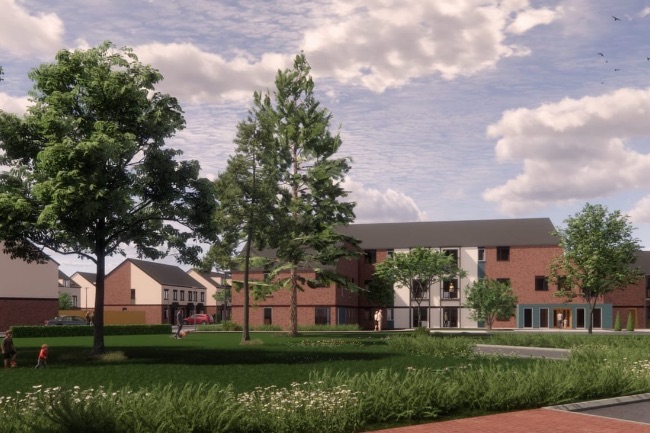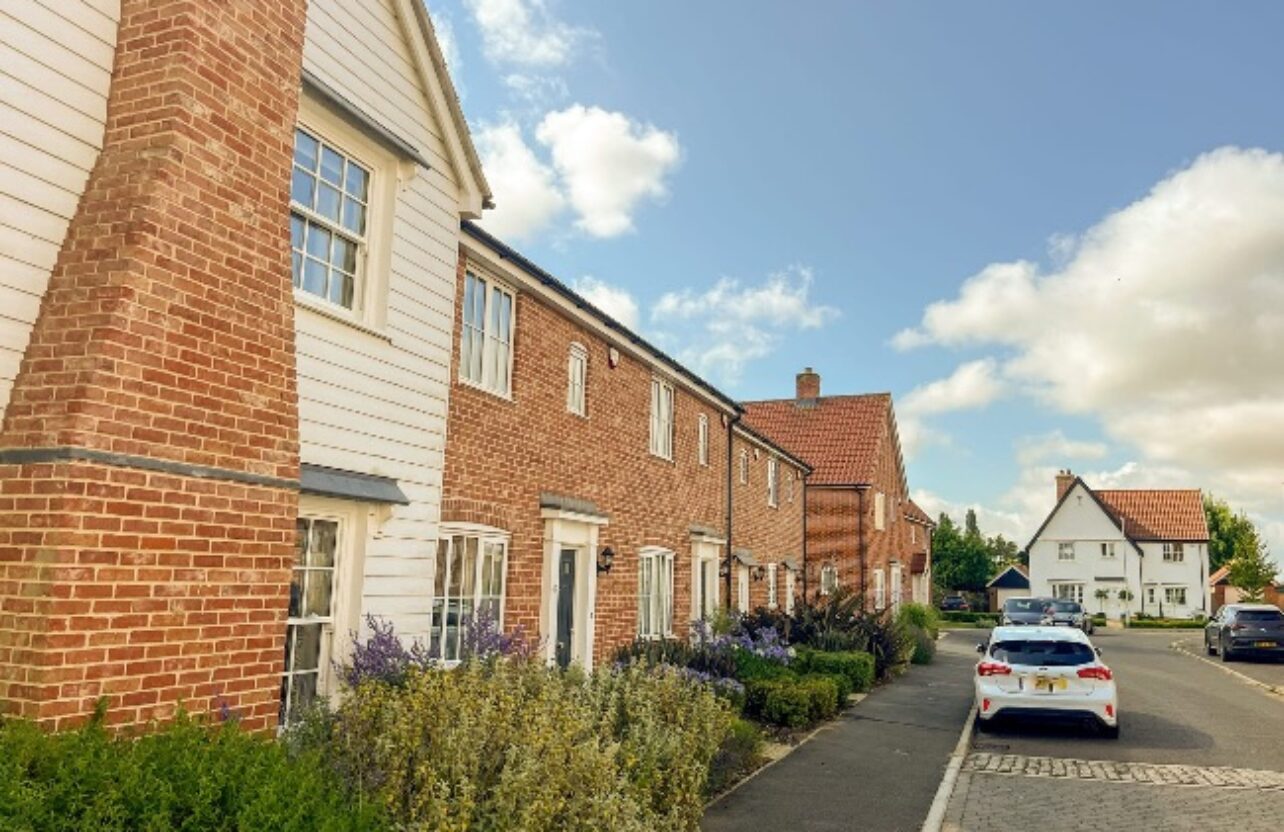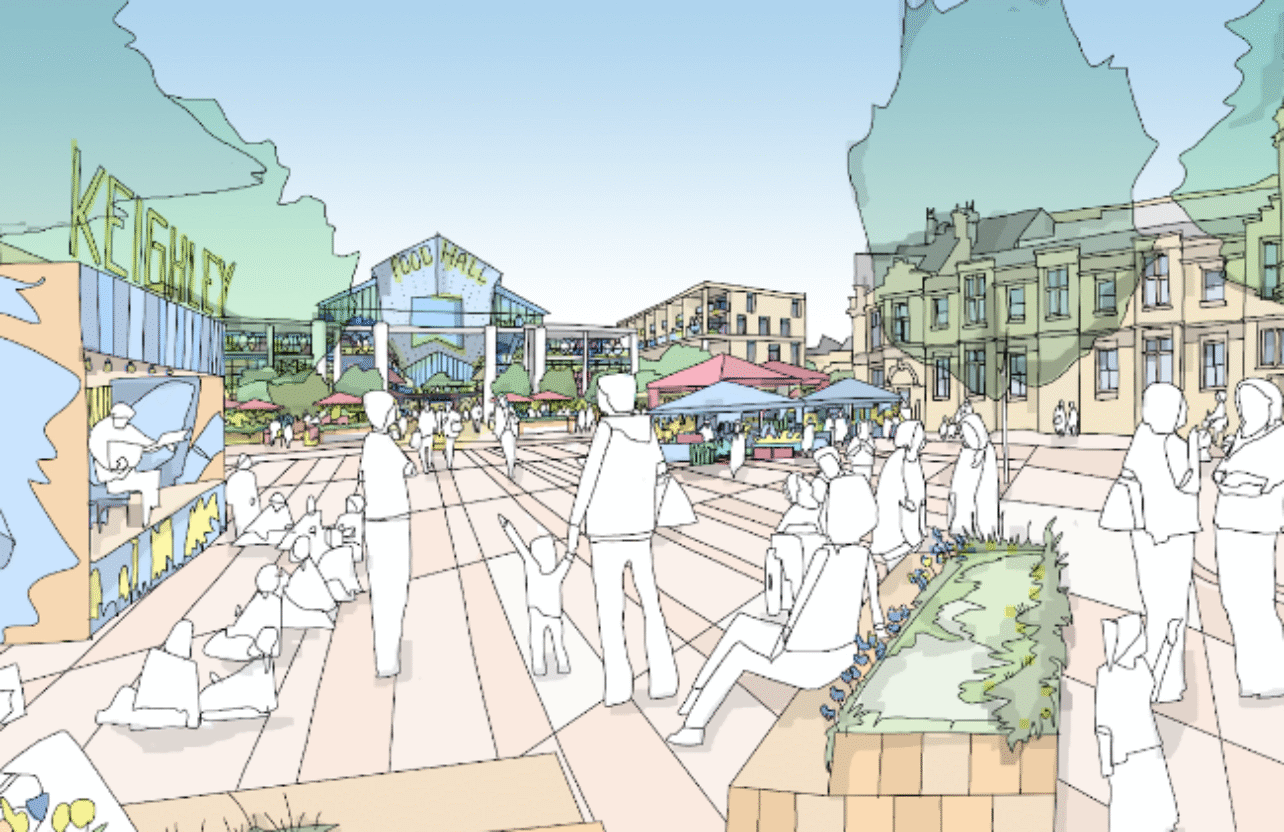
How PlaceChangers Enabled Evidence-Based Planning and Resident Engagement for Karbon Homes

- Company: PlaceChangers
- Client: Karbon Homes
- Year: 2022
- Region: England
- Product: Interactive consultations, Place analytics & health impact review
- Community engagement
- Plan-making, planning application and data management systems
Introduction
Challenges
Solutions
Results
"The combination of the criteria, place evidence, ability to link locations helped us to prepare a well-evidenced impact statement much faster. We also appreciated that the platform provided a ready made structure to follow. The resulting output filled validation requirements."

